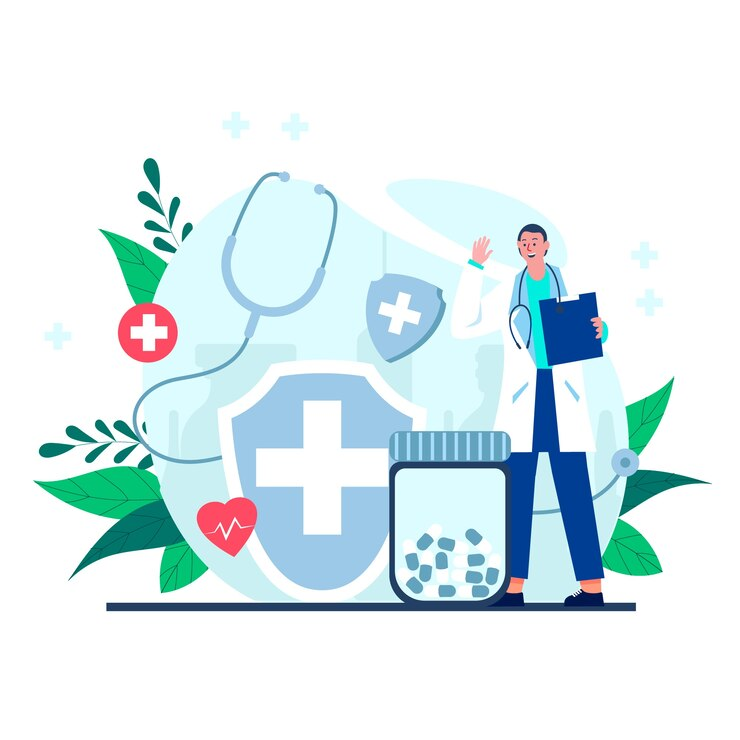Mania is one of the defining characteristics of bipolar disorder, a mental health condition marked by extreme mood swings that include episodes of elevated or irritable mood (mania or hypomania) and periods of depression.
What is Mania in Bipolar Disorder?
Mania refers to an abnormally elevated or irritable mood that is often accompanied by heightened energy levels and impulsive behaviors. It is a key feature of bipolar I disorder, but can also occur in bipolar II disorder, though in the latter case, the episodes are typically milder (called hypomania).
During a manic episode, a person may experience an inflated sense of self-esteem, engage in risky behaviors, or have trouble concentrating. The symptoms are often intense and can lead to significant disruptions in daily life, relationships, and work.
Symptoms of Mania:
The symptoms of mania may include:
- Elevated or Irritable Mood: Feeling excessively happy, euphoric, or irritable.
- Increased Energy: A heightened sense of energy, restlessness, or hyperactivity.
- Racing Thoughts: Thoughts may come quickly and may be hard to follow.
- Decreased Need for Sleep: People in a manic episode may feel fully rested after only a few hours of sleep.
- Impulsive or Risky Behavior: Engaging in behaviors like spending sprees, risky sexual activity, or making rash decisions.
- Grandiosity: A person may have an inflated sense of their abilities or importance.
- Rapid or Pressured Speech: Speaking quickly or feeling that one has to talk nonstop.

Types of Mania:
- Hypomania: A milder form of mania. While symptoms are similar to those of mania, they are less intense and do not cause significant problems in daily functioning. People may still be able to work or engage in social activities, but the elevated mood is noticeable.
- Full-blown Mania: This is more severe and can significantly disrupt a person’s life. It can impair judgment and lead to risky behaviors. In some cases, it can cause delusions or hallucinations. Full-blown mania often requires medical treatment or hospitalization.
Causes and Triggers:
The exact cause of bipolar disorder is not fully understood, but it is believed to be a combination of:
- Genetic Factors: A family history of bipolar disorder increases the likelihood of developing the condition.
- Neurochemical Imbalances: Disruptions in neurotransmitters (chemicals in the brain that affect mood) such as serotonin, dopamine, and norepinephrine are thought to contribute to mania.
- Environmental Stressors: Life events like trauma, stress, or substance abuse can trigger manic episodes or make them worse.
Treatment for Mania:
The treatment for mania typically includes both medication and psychotherapy:
- Medications:
- Mood Stabilizers (e.g., lithium) are often used to reduce the frequency and severity of manic episodes.
- Antipsychotics (e.g., olanzapine, quetiapine) may be prescribed to manage more severe manic symptoms.
- Antidepressants may be used cautiously in combination with mood stabilizers to treat depressive symptoms, but they can sometimes trigger mania.
- Psychotherapy:
- Cognitive Behavioral Therapy (CBT) can help individuals identify early signs of mania, manage symptoms, and prevent episodes from escalating.
- Psychoeducation provides knowledge about the condition, helping individuals and their families recognize symptoms and triggers.
- Hospitalization: In severe cases where the risk of harm to oneself or others is high, or if the mania is not responding to outpatient treatments, hospitalization may be necessary to stabilize the person.
Conclusion:
Mania in bipolar disorder can be highly disruptive and dangerous if left untreated, but with the right treatment, people can manage their symptoms effectively. Early diagnosis, proper medication, and psychotherapy can help individuals with bipolar disorder lead productive and fulfilling lives. It is essential for those with bipolar disorder to work closely with healthcare professionals to find the treatment plan that works best for them.



Leave a Reply